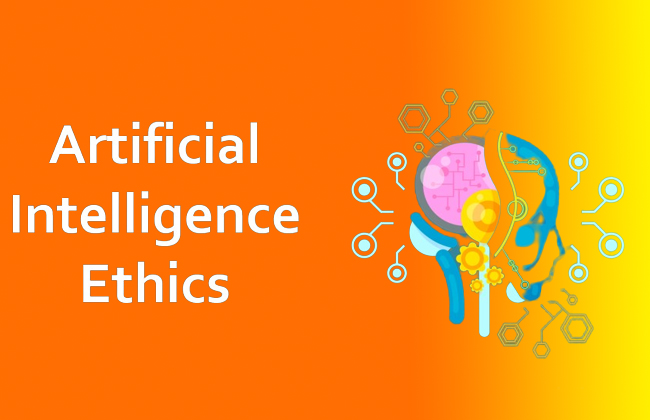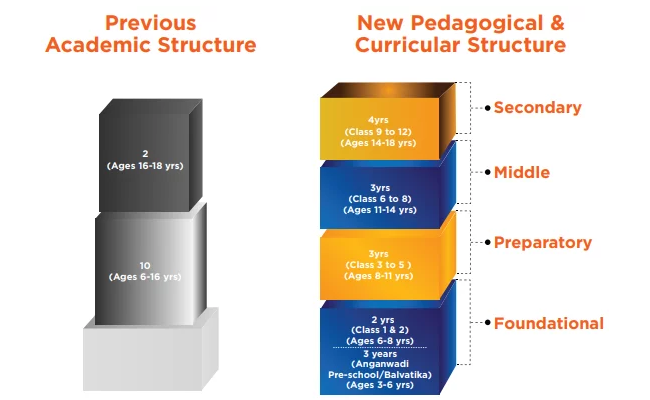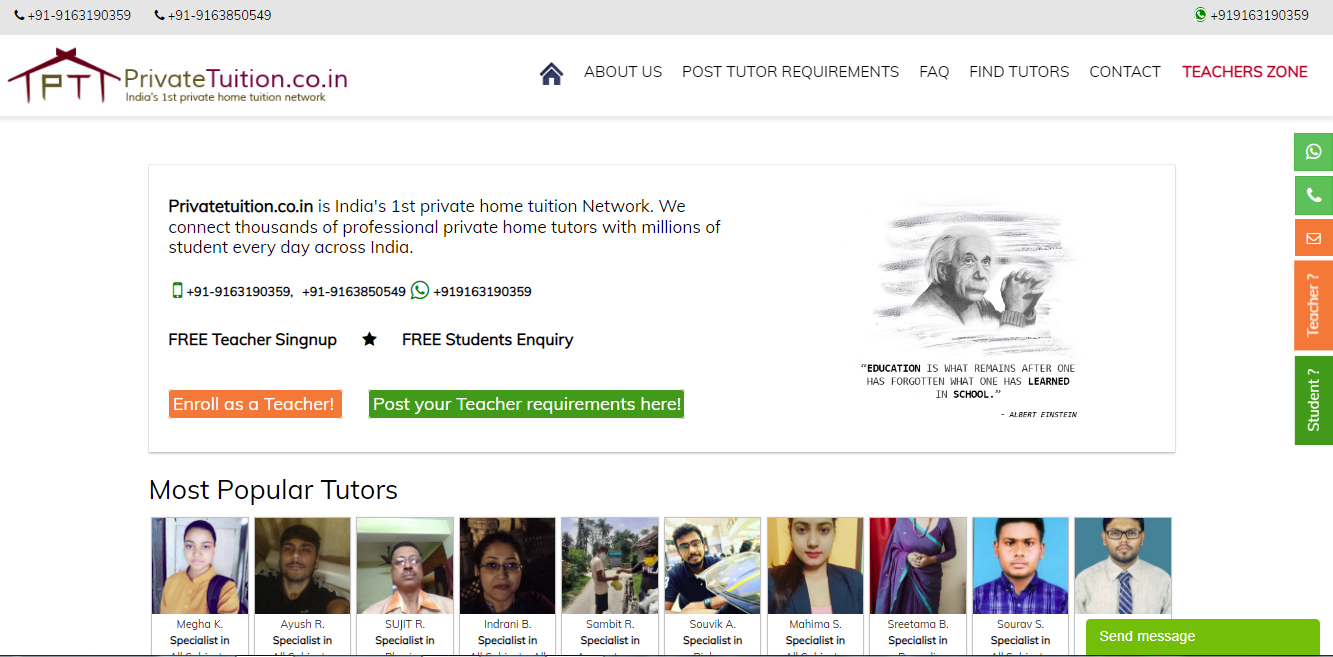The world of education is constantly evolving, with new technologies and pedagogical approaches emerging every year. Didactics, the science of teaching and learning, is no exception to this trend. In this article, we will explore the future of didactics, including the role of technology, the shift towards personalized learning, and the growing importance of critical thinking skills.
Technology in Didactics
As technology continues to advance at a rapid pace, it is no surprise that it is becoming increasingly integrated into the classroom. From online learning platforms to educational apps, technology is being used to enhance the learning experience and provide students with new opportunities for engagement and interaction.
One of the most exciting advancements in technology in didactics is the use of virtual and augmented reality. These technologies allow students to immerse themselves in a variety of learning environments, from exploring historical sites to conducting science experiments. By providing students with these immersive experiences, educators can enhance their understanding of complex topics and help them develop a deeper appreciation for the subjects they are studying.
Another way that technology is changing the landscape of didactics is through the use of data analytics. By tracking student performance and engagement, educators can gain insights into their students’ learning patterns and adjust their teaching methods accordingly. This data can also be used to identify areas where students may be struggling and provide targeted interventions to help them succeed.
Personalized Learning
As educators become more aware of the unique needs and learning styles of their students, there is a growing shift towards personalized learning. Rather than taking a one-size-fits-all approach, personalized learning allows educators to tailor their teaching methods to the individual needs of each student.
One way that personalized learning is being implemented is through the use of adaptive learning technologies. These technologies use algorithms to analyze student performance and adjust the difficulty of the material accordingly. This allows students to work at their own pace and ensures that they are always challenged but never overwhelmed.
Another aspect of personalized learning is the emphasis on student choice and agency. Rather than simply being passive recipients of information, students are encouraged to take an active role in their learning. This might involve choosing their own learning materials or projects, setting their own goals, or collaborating with peers on projects that align with their interests and passions.
Critical Thinking Skills
As the world becomes increasingly complex and interconnected, there is a growing recognition of the importance of critical thinking skills. These skills, which include analyzing information, evaluating arguments, and making reasoned judgments, are essential for success in both academic and professional settings.
In the future of didactics, there will be a greater emphasis on developing these skills in students.
![]()





